Volvo Ocean Race: The secrets to success
Published on May 20th, 2015
At 52 years, Team Brunel navigator Andrew Cape (AUS) is now on his seventh lap around the world. With one doublehanded Barcelona World Race and six Volvo Ocean Races on his CV, Andrew comments on his role in the Volvo Ocean Race 2014-15…
While the Volvo Ocean Race continues to evolve, the role of navigator has remained relatively consistent. What has changed the most is the communications and the accuracy of the weather data. The information used to be pretty sparse, but now the weather models are a lot better, and the access to them with the satellite comms is much improved. It’s reassuring to have the information, and the fast connection speeds has made it much simpler for me.
What we don’t have access to is the internet as the race blocks it. This is good as a navigator would likely live full time at the nav station, pouring through all the information and observations that are available. This restriction is a positive step, and it’s possible because the Volvo Ocean Race controls all the communication systems, whereas in other ocean races you’d have access to it.
This restriction might be a hindrance to others, but I don’t believe much of the information anyway. With my experience, I am better off going up on deck and taking a look around. Making assessments on the weather you see is far superior then the alternative. Relying on observations from a lighthouse 50 miles away, that then gets delivered 30 minutes later, is simply not as good. Aside from Asian legs, I have the advantage of having raced on the course seven times.
But so much of what we are doing onboard, the decisions we make, are neutralized with AIS. This a commercial game, and there is additional fear of a bad result, so AIS had led to a pack mentality. Some of the less experienced teams are basing their decisions more on fleet positioning than weather positioning. I typically sail my own race, follow my own plan.
This is after all a yacht race, and you do have to make your own decisions. You do this race enough times with some success, and there is a confidence that comes with that. Maybe some arrogance too. But truth is there are few times that a choice is so clear that it is a sure thing, so it can lead to conservative sailing, at least early on, letting for more decisive strategy later on as the race matures.
The Volvo Ocean Race puts a high premium on past experience and the confidence to apply that experience. It is not so much about recognizing situations that you’d seen before, because the weather might look different each time you pass through a certain part of the world. It is more about relying on yourself and assessing what you see, rather than just following the weather models or what the other boats are doing. You need the confidence to determine what the future will bring, and then to make decisions on what you want to do.
Race website – Tracking – Scoreboard – Videos
Background: The 2014-15 Volvo Ocean Race began in Alicante, Spain on Oct. 11 with the final finish on June 27 in Gothenburg, Sweden. Racing the new one design Volvo Ocean 65, seven teams will be scoring points in 9 offshore legs to determine the overall Volvo Ocean Race winner. Additionally, the teams will compete in 10 In-Port races at each stopover for a separate competition – the Volvo Ocean Race In-Port Series.


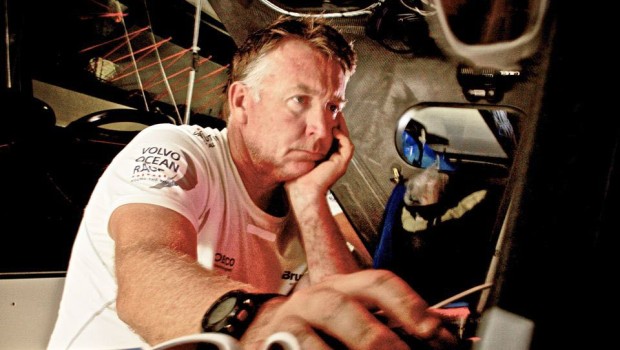


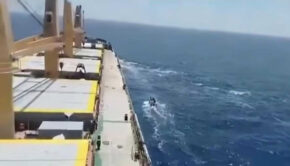
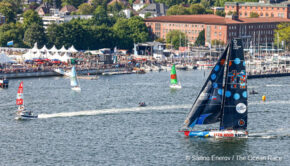
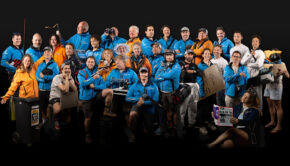
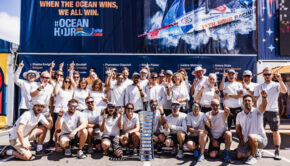
 We’ll keep your information safe.
We’ll keep your information safe.